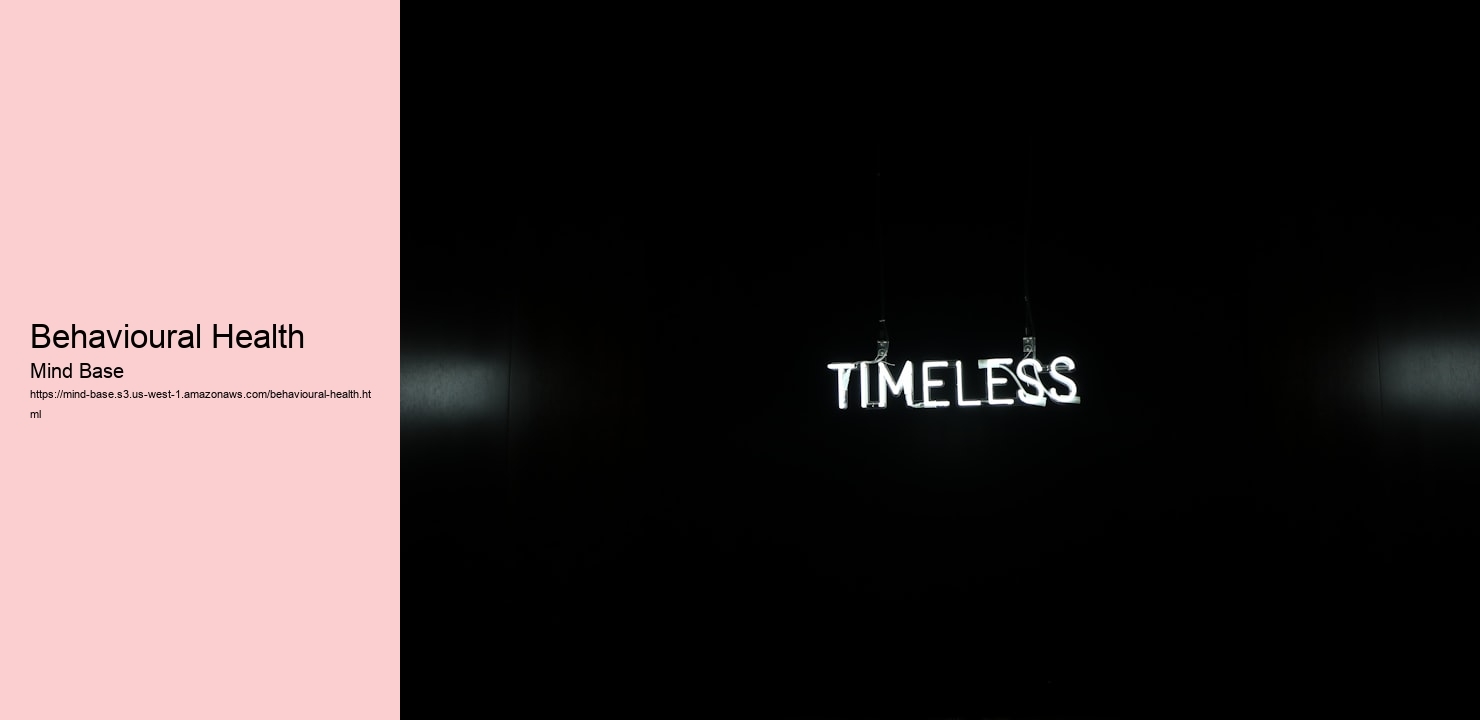
Humanistic therapy emphasizes personal growth and self-actualization. Practitioners in Calgary who utilize this approach focus on creating a supportive environment where clients feel valued and understood without judgment. Techniques such as client-centered therapy encourage individuals to explore their true selves at their own pace. The therapist acts as a compassionate facilitator rather than an authority figure, helping clients tap into their intrinsic potential for positive change. This form of therapy often appeals to those seeking greater authenticity and fulfillment in life.
| Entity | Description | Source |
|---|---|---|
| Psychiatric Treatment | Medical interventions, often with medication, for mental disorders. | source |
| Schema Therapy | Integrates CBT and psychodynamic approaches to address deep-seated patterns. | source |
| Holistic Psychology | Treats the whole person—mind, body, and spirit—for mental health. | source |
| Integrative Therapy | Combines multiple therapeutic approaches tailored to the individual. | source |
| Somatic Experiencing | A body-focused therapy to release stored trauma. | source |
| Psychoanalysis | Explores the unconscious mind through free association and dream analysis. | source |
| Clinical Psychology | Focuses on assessing and treating mental illnesses through psychological methods. | source |
| Forensic Psychology | Applies psychology to legal and criminal justice contexts. | source |
| Person-Centered Therapy | Emphasizes empathy and unconditional positive regard for client growth. | source |
| Anxiety Disorders | A group of conditions characterized by excessive worry or fear. | source |
For those seeking quick results, Solution-Focused Brief Therapy offers an efficient alternative by concentrating on solutions rather than problems. Cognitive Behavioural Therapy (CBT) Calgary therapists employing SFBT help clients identify specific goals they wish to achieve while highlighting existing strengths that can be leveraged toward these aims. Sessions are typically brief but impactful-this targeted approach empowers individuals by providing them with the tools needed for immediate improvement in various aspects of life.
Incorporating elements of mindfulness practices such as meditation or yoga is becoming increasingly popular among therapists in Calgary looking to enhance therapeutic outcomes. Mindfulness-based therapies encourage individuals to remain present-focused while observing thoughts non-judgmentally-a skill that proves invaluable when managing stress or coping with difficult emotions like anger or sadness. Therapists guide clients through mindfulness exercises designed not only for relaxation but also as powerful tools facilitating long-term emotional regulation.

Understanding the diverse array of therapeutic styles available offers valuable insight into selecting the most suitable approach tailored specifically toward individual needs within mental health treatment contexts across Calgary's landscape-a crucial step forward on one's journey toward healing empowerment achieving sustained well-being over time!
Human behavior is a multifaceted subject that requires keen observation and understanding, especially in therapeutic settings. In Calgary, therapists often emphasize the individuality of each client, recognizing that behavior is influenced by a myriad of factors including past experiences, cultural background, and personal beliefs. Calgary This nuanced approach ensures that therapy is tailored to meet the specific needs of individuals rather than adopting a one-size-fits-all methodology.


Emotional intelligence plays a pivotal role in therapy as it enables both therapists and clients to navigate complex emotions effectively. In Calgary's therapeutic community, fostering emotional intelligence is seen as essential for promoting self-awareness and empathy. Therapists work with clients to develop these skills, which can lead to improved interpersonal relationships and better emotional regulation.
Understanding the origins of behavioral patterns is crucial for effective therapy. Many behaviors are deeply rooted in early childhood experiences or significant life events. Calgary therapists often use techniques such as cognitive-behavioral therapy (CBT) to help clients identify and alter negative thought patterns that contribute to maladaptive behaviors. By uncovering these underlying causes, clients can begin to make meaningful changes in their lives.
Calgary's diverse population necessitates culturally sensitive approaches in therapy. Recognizing cultural differences allows therapists to provide more effective treatment by respecting each client's unique perspective on mental health and well-being. This sensitivity helps build trust and rapport between therapist and client, facilitating open communication and successfull outcomes.

The social environment significantly influences human behavior, underscoring the importance of considering external factors during therapy sessions. Calgary therapists acknowledge how family dynamics, work environments, and societal expectations can impact mental health. By addressing these external influences within therapy sessions, clients gain insights into how their surroundings may affect their thoughts and actions.
To put it short

Psychiatric therapy (likewise psychological treatment, talk treatment, or speaking treatment) is using emotional methods, specifically when based on routine individual interaction, to help an individual adjustment actions, rise happiness, and conquer problems. Psychiatric therapy intends to boost an individual's well-being and psychological health, to deal with or reduce problematic habits, beliefs, obsessions, thoughts, or feelings, and to enhance partnerships and social abilities. Various types of psychiatric therapy have been developed either for specific grownups, families, or kids and teenagers. Some kinds of psychiatric therapy are considered evidence-based for dealing with identified mental disorders; other kinds have actually been slammed as pseudoscience. There are thousands of psychotherapy methods, some being minor variants; others are based on extremely different perceptions of psychology. Many techniques include one-to-one sessions, between the client and specialist, yet some are carried out with teams, including couples and families. Therapists may be mental health and wellness experts such as psychiatrists, psycho therapists, mental wellness registered nurses, medical social workers, marital relationship and family members therapists, or expert therapists. Therapists may also originate from a variety of various other backgrounds, and relying on the territory might be legitimately controlled, voluntarily regulated or uncontrolled (and the term itself might be protected or not).
.Psychological health encompasses emotional, mental, and social wellness, affecting cognition, understanding, and habits. According to the World Health And Wellness Organization (WHO), it is a "state of wellness in which the private understands his/her abilities, can handle the typical stress and anxieties of life, can function successfully and profitably, and can add to his/her area". It similarly determines exactly how a private takes care of stress and anxiety, social partnerships, and decision-making. Mental health includes subjective health, regarded self-efficacy, freedom, skills, intergenerational dependence, and self-actualization of one's intellectual and psychological potential, among others. From the point of views of positive psychology or holism, psychological health might include an individual's ability to appreciate life and to produce an equilibrium in between life activities and efforts to achieve psychological strength. Social distinctions, personal approach, subjective analyses, and completing expert concepts all affect exactly how one specifies "mental health and wellness". Some very early indications related to psychological health and wellness problems are rest inflammation, absence of energy, lack of hunger, thinking about harming oneself or others, self-isolating (though introversion and isolation aren't necessarily harmful), and frequently zoning out.
.Counseling for neurodivergent individuals in Calgary supports unique needs like autism or ADHD with tailored approaches. Therapists foster strengths and coping skills for better functioning.
Therapy for body image issues in Calgary builds self-acceptance through counseling and CBT. Therapists address societal pressures to foster a positive self-view locally.
Counseling for cultural adjustment in Calgary supports newcomers adapting to local life with guidance. Therapists address identity and stress to ease the transition effectively.